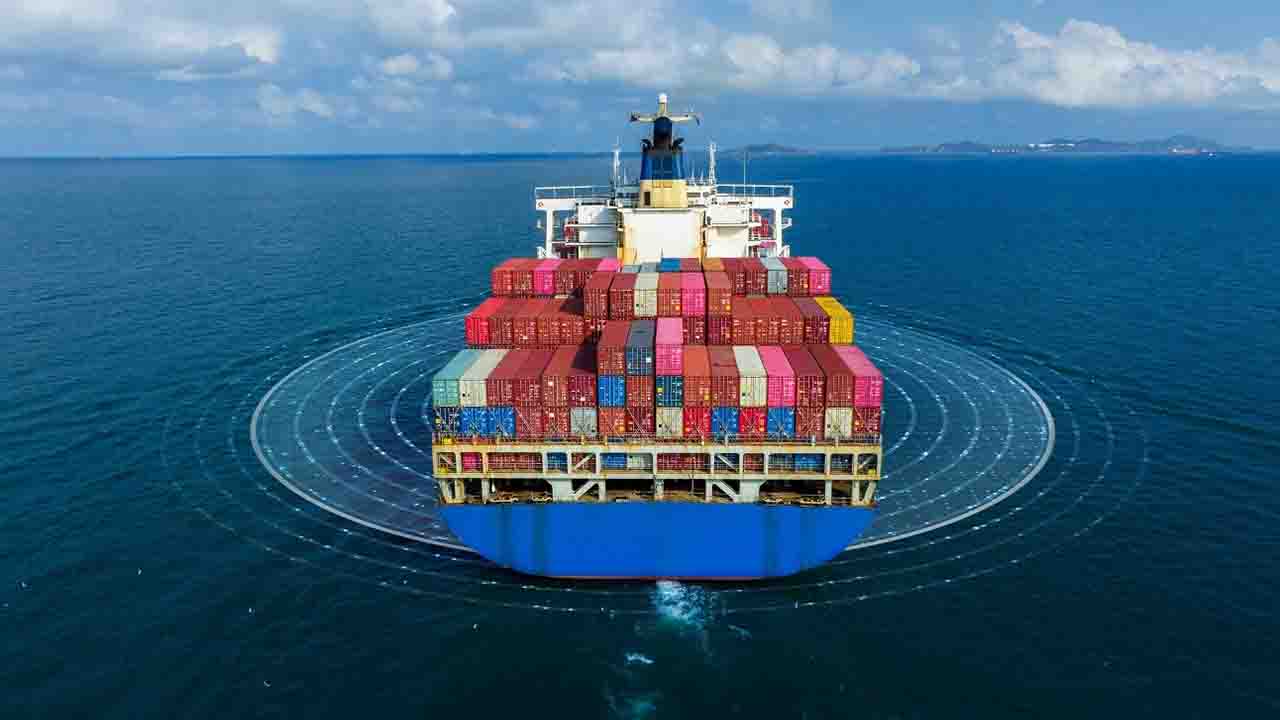The world of shipping has reached a significant milestone with the successful completion of the first-ever autonomous freight ship’s transoceanic journey. This achievement marks a significant step forward in the shipping industry, demonstrating that autonomous shipping is not only possible but also practical and efficient.
The ship in question is the Yara Birkeland, a 120 TEU (twenty-foot equivalent unit) container vessel owned by the Norwegian agricultural company Yara International. The Yara Birkeland set sail from the Norwegian port of Herøya on November 2022, bound for the Belgian port of Antwerp. The journey covered a distance of approximately 3,000 nautical miles and took around two weeks to complete.
The Yara Birkeland is equipped with a range of advanced technologies, including sensors, cameras, and GPS tracking, which allow it to navigate autonomously. The ship is also powered by electric motors, which are much more environmentally friendly than traditional diesel engines. This combination of advanced technology and eco-friendliness makes the Yara Birkeland a trailblazer in the shipping industry.
One of the most significant benefits of autonomous shipping is increased safety. With no crew on board, there is no risk of injury or loss of life in the event of an accident. Additionally, autonomous ships can operate 24/7 without the need for rest breaks, which can significantly reduce the time it takes to transport goods. This increased efficiency can also result in cost savings for shipping companies, as they no longer need to pay crew salaries or cover the cost of crew accommodations and supplies.
Another benefit of autonomous shipping is reduced environmental impact. The Yara Birkeland’s electric motors produce zero emissions, making it an environmentally friendly alternative to traditional diesel-powered ships. This reduced environmental impact is crucial, given the shipping industry’s significant contribution to global greenhouse gas emissions. According to the International Maritime Organization (IMO), the shipping industry is responsible for around 2.5% of global greenhouse gas emissions, making it a significant contributor to climate change.
The successful completion of Yara Birkeland’s transoceanic journey is just the beginning of autonomous shipping. There are already plans in place for other autonomous vessels, including a range of cargo ships, tankers, and even passenger ferries. This trend is likely to continue, as shipping companies seek to take advantage of the cost and efficiency benefits of autonomous shipping.
However, there are also challenges to overcome. One of the most significant challenges facing autonomous shipping is the need to navigate complex and busy waterways. While autonomous ships can navigate open waters with relative ease, they may struggle to navigate congested ports or narrow shipping lanes. Additionally, there are concerns around cybersecurity, as autonomous ships are vulnerable to hacking or other cyber attacks.
Despite these challenges, the benefits of autonomous shipping are clear. With increased safety, reduced environmental impact, and improved efficiency, it is no surprise that shipping companies are keen to explore this emerging technology. The successful completion of Yara Birkeland’s transoceanic journey is a significant milestone in this journey, demonstrating that autonomous shipping is not only possible but also practical and efficient.
The successful transoceanic journey of the first autonomous freight ship marks a significant achievement for the shipping industry. With increased safety, reduced environmental impact, and improved efficiency, autonomous shipping is likely to become more prevalent in the future. Although challenges such as navigating complex waterways and cybersecurity concerns exist, the benefits of this emerging technology are clear.
The potential for cost savings and environmental benefits makes autonomous shipping an exciting development for the industry. As more companies invest in this technology, we can expect to see a shift toward sustainable and efficient shipping. Overall, the first autonomous freight ship’s journey is a major milestone and paves the way for further innovation and progress in the shipping industry.








